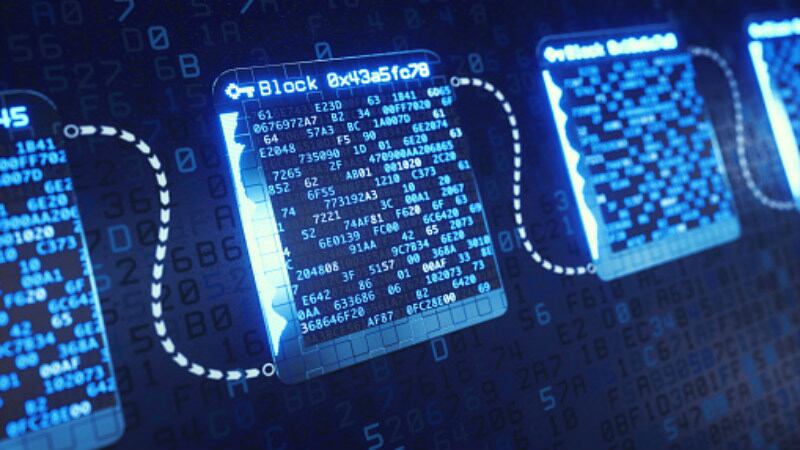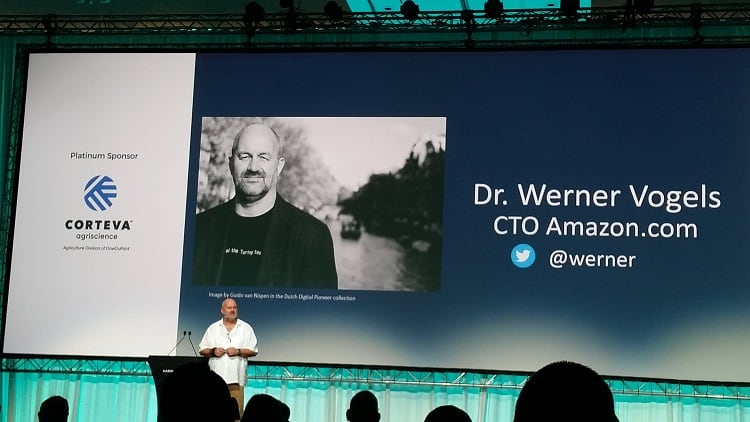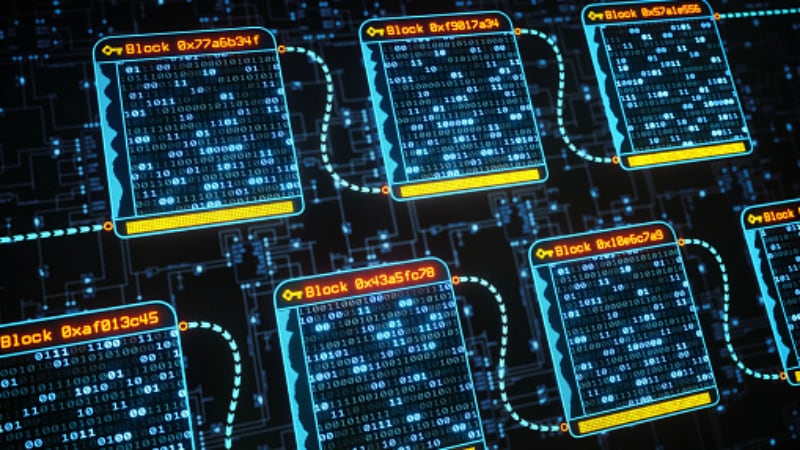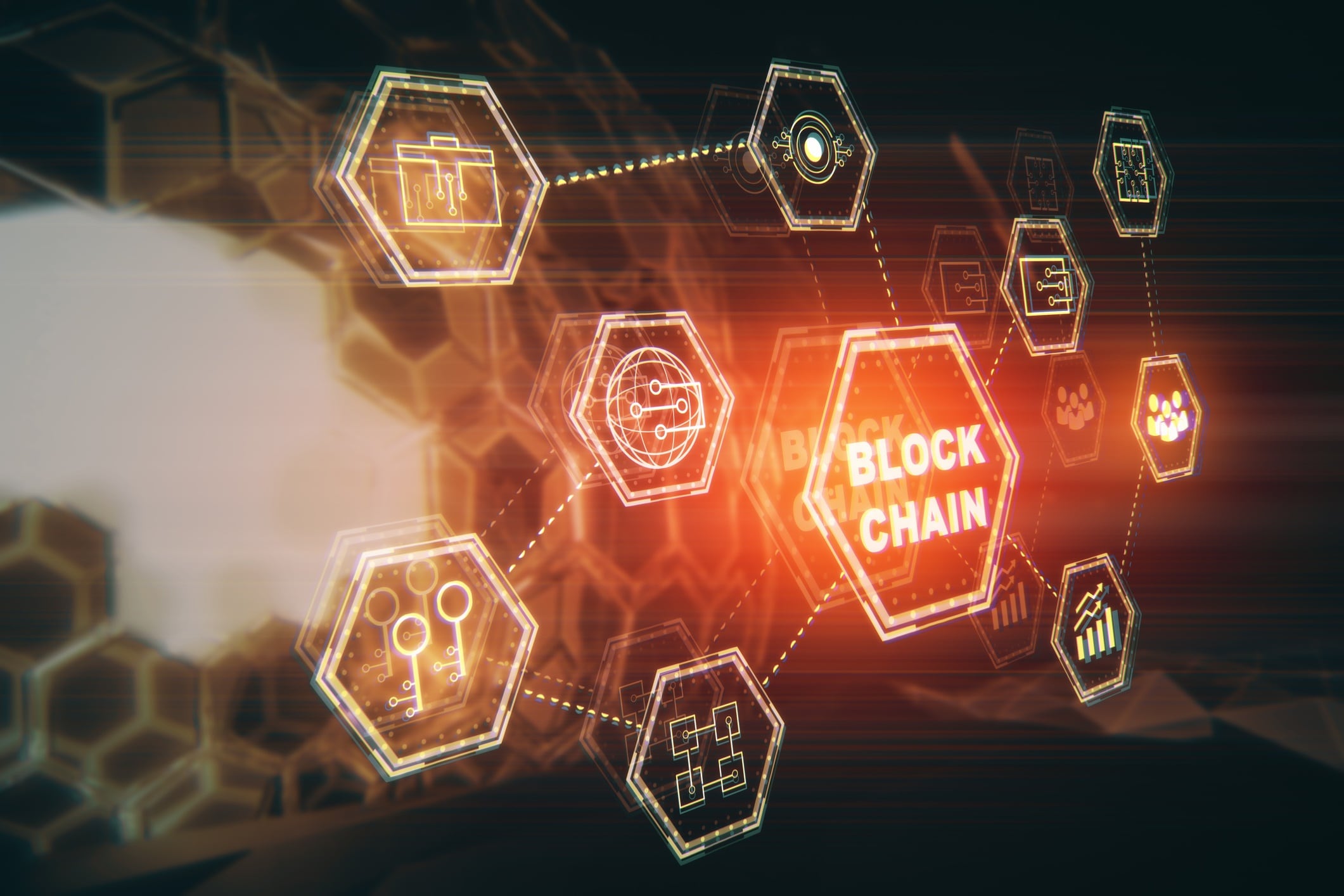The panel convened at the Gulfood Innovation Summit, part of the Gulfood 2019 show, to discuss the potential and significance of technology in the F&B industry, specifically blockchain and AI.
This was composed of Dr Nigel Hughes (Senior Vice President Research and Development, Kelloggs), Mike Yesudas (Chief Technology Officer and Distinguished Engineer, IBM) and Bernardo G. Arnaud (Founder, StarkSat Inc.). The session was moderated by Mahak Abdul Manan (Editor, Hotel and Catering News Middle East).
Here, we present some highlights arising from the discussions.
1) The significance of blockchain
The growing importance of blockchain technology in the food industry was acknowledged by the panel, as was its enormous potential in the Middle Eastern region.
“Blockchain has a major impact on the industry,” said Hughes.
“[Traditionally], consumer trust [in the food products they purchase] are based on relBationships [with the brand]. Blockchain has the ability to demystify that trust, meaning that [they now] have a systemized way of understanding the traceability and therefore trusting in what they get.”
“It allows them to understand the sources of where the food is from, and provide reassurance that [things] fit with what they expect and understand, as well as fit their ethics and [sustainability] concerns.”
Arnaud concurred with this point, pointing out that blockchain is allowing traceability to be conducted at a scale that has never been done before, citing a 1.7 million hectare non-GMO tracing project as an example.
“Blockchain only allows you to put in information and once it is there, it cannot be altered. But it still doesn’t assure [consumers] that the information that is put in there is actually the truth, and we are actually really after the truth,” said Yesudas.
“Additional instrumentation needs to come in to make sure that the veracity [of information provided] can be verified and validated.”
When it comes to the Middle East, Yesudas described blockchain prevalence in the region as ‘not as prevalent as we’d like’.
“[We haven’t seen it that much here], but it is catching up because there are a lot of international providers here who do use it.”
To encourage more adoption of the technology, Yesudas added that ‘more consumable toolkits’ would help.
“There is enough interest, but some still ask questions like: ‘If you don’t trust my food, then why did government give me a license [to run a food business]?’, even if the business owner [himself/herself] doesn’t even know where the food has been.
“The push needs to come from regulatory bodies and government [in order for this to work].”
2) Blockchain and AI are connected
Yesudas specifically emphasised (also in his presentation Focusing on AI for Supply Chain right after the panel) that AI and blockchain are connected to one another, and rely on each other to a certain extent to make food traceability and trust work.
“Machine learning in AI is about using the past to predict the future,” he said.
“It is about how to run things intelligently, using machine learning to ensure you make the right decision. Blockchain on the other hand makes sure that you [as a brand] can trust others and others [consumers] can trust you too,” he said.
“Intelligence is no good if there is no trust in the food. It is a head vs heart matter, and the head and heart are why AI and blockchain are being mentioned all the time.”
3) Technology and food diversification
Hughes brought to fore an interesting point that even though blockchain tends to be only thought of as applied to our current supply chains, it actually has much wider implications in food security and diversification.
“We currently fundamentally use four plants for our nutrition: maize, wheat, rice and potatoes, but there are 30,000 edible plants out there,” he said.
“Why don’t we use more of these? The key reason is, we don’t have reliable supply chains for those plants. [Blockchain can change that] and can be one of the main factors to drive diversity in food.”





